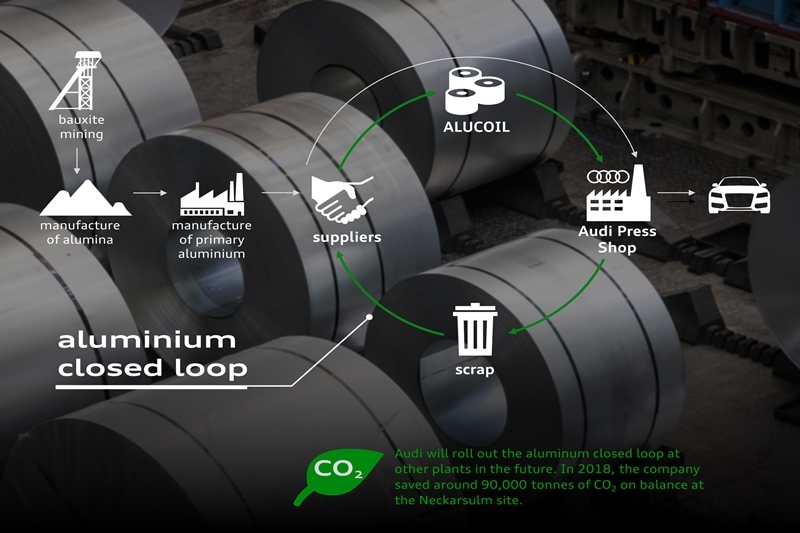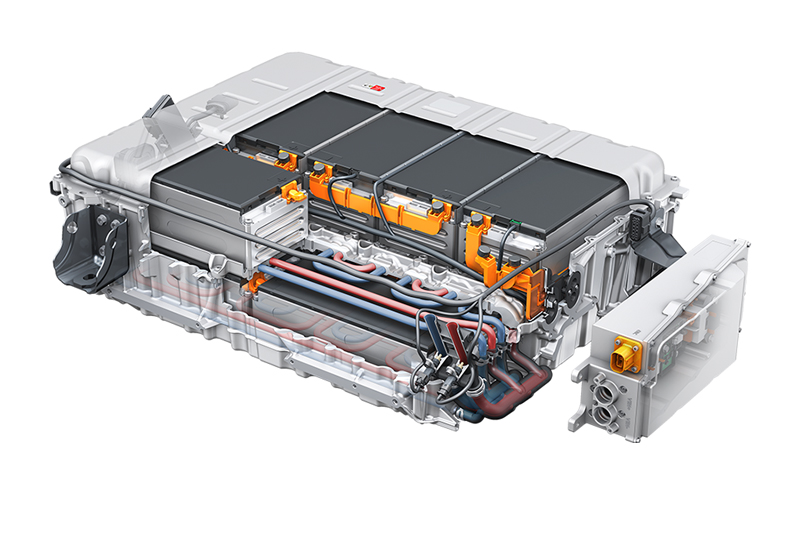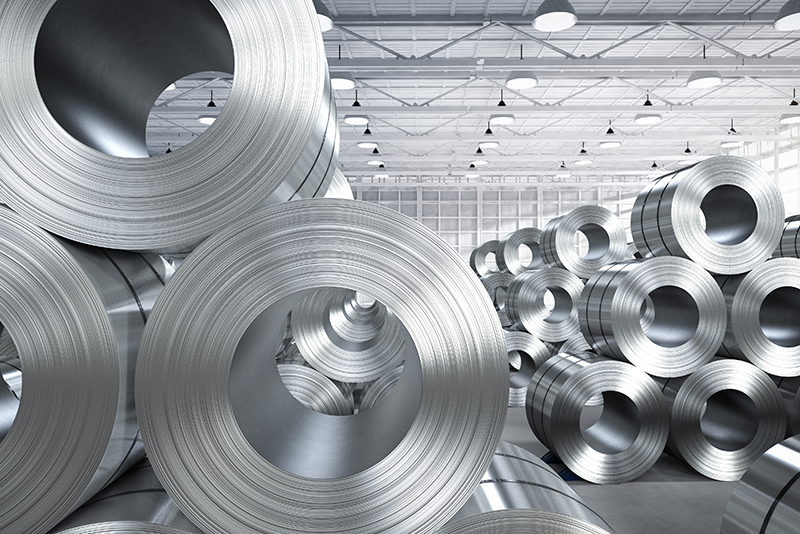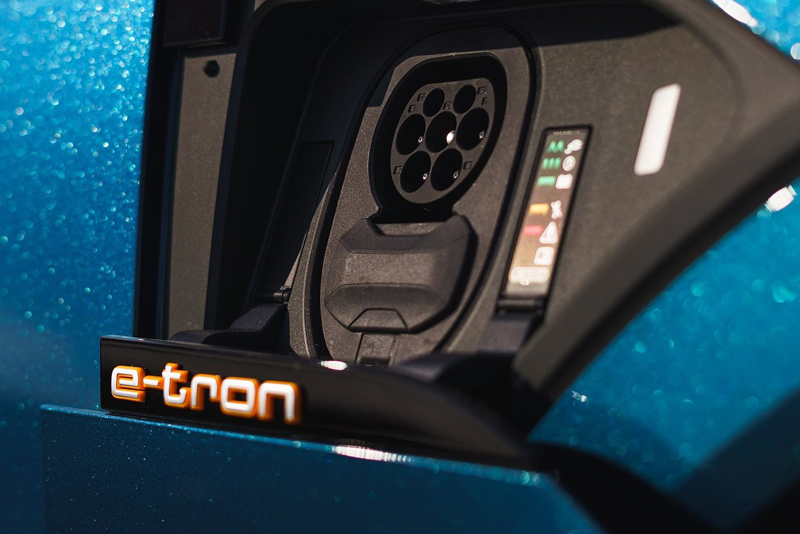Audi identifies a potential reduction of 1.2 tons of CO2 per car!

The steady electrification of the Audi product line-up implies a sizeable reduction in CO2 emissions from cars’ exhaust systems. While this environmental win is by no means exhaustive (pun intended), one has to look further up the supply chain and upstream production processes to account for the environmental benefits/drawbacks in its entirety.

3D rendering of an Audi high voltage battery.
It is heartening to know that Audi is developing solutions to reduce CO2 emissions further up the supply chain with an emphasis on energy-intensive production ingredients; namely aluminium, steel and battery components. Teaming up with its suppliers, Audi looks to implement up to 50 CO2 reduction measures for future orders by 2025. Already, the use of green power has been included into High Voltage battery cells manufacturer supplier agreements since 2018. The effectiveness of these green measures is certified by independent third parties, adding transparency to the process.

Recycled aluminium sheets in a factory (generic).
“Already in the first year of the CO2 Program, we identified 50 concrete measures with our partners that contribute to the consistent decarbonization of our company. We are also creating CO2more transparency in the supply chain,” says Bernd Martens, Board of Management Member for Procurement and IT at AUDI AG. By focusing first on aluminium (an energy-consuming material), Audi introduced a “closed-loop” system at its Neckarsulm plant in 2017. Here, aluminium off-cuts are returned directly to the supplier for reprocessing and regeneration of new aluminium sheets, only to be reused in Audi’s production cycle.

This initiative reduced up to 90,000 tons of CO2 emissions in 2018 alone. More workshops will be scheduled in due course to identify further CO2 reduction potential. The reach of this program extends beyond first-tier suppliers. In addition to Paris climate targets, Audi has also imposed a vision to be CO2 neutral by 2050. In the same spirit, Toyota has also set similar targets in October 2015 with its Toyota Environmental Challenge 2050.
